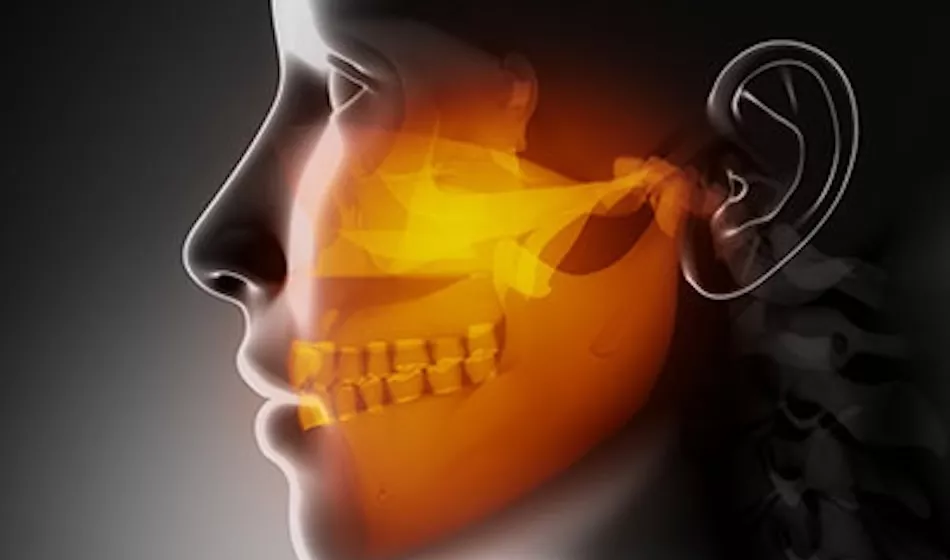Bony growths in your mouth are also called tori or exostosis. They are benign growths that can form growths in the roof of your mouth or along the gums, either outside of the jaw along the lips or cheeks or inside of the lower jaw.
Typically, these growths are nothing to worry about and do not pose any threat to your oral health. However, if they do get in the way, or pose issues when it comes time to place a restoration such as a denture, they may need to be removed. Optimum Oral Surgery Group can help. However, what causes these growths in the first place?
MALOCCLUSION
One reason for bony growths in your mouth is due to a poor bite, or malocclusion. When your bite is off, it leads to an uneven distribution of pressure throughout your jaw. Some areas receive greater pressure than normal. Also, when your bite is off, your body tries to unconsciously realign it properly. The constant stress and tension cause the growth of additional bone material as a way to protect the teeth against the excess pressure.
GENETICS
Bony growths can be genetic. They are more common in men than in women. It is also possible for the condition to pass from father to son.
CALCIUM DEPOSITS
Calcium deposits are hard areas of calcium accumulation that can form on the jawbone following stress or damage to the bone or nearby tissue. After an injury occurs, calcium is rushed to the wound to help it repair the damage. Sometimes, more calcium is sent than is needed. This calcium stays at the site and eventually hardens into a deposit.
BONE SPURS
A bone spur is a generally smooth bony growth that forms on the edges of bones, usually where two bones meet to form a joint. They typically occur when the body attempts to heal damage to the bone or the cartilage. Bone spurs are more common in those who have conditions such as osteoarthritis or spondylosis.
IMPACTED WISDOM TEETH
Impacted teeth are those that cannot properly erupt through the gums. They may not be able to erupt at all, or they may only partially erupt through the gums. While any tooth can become impacted, the wisdom teeth are the ones most commonly affected. When the teeth are buried inside the bone and pushed against the adjacent teeth, they can cause excess bone growth.
CYSTS
A cyst is a fluid or semi-fluid filled sac that can form, causing hard lumps that look like bony growths. It often forms as the result of an infection or because of an impacted wisdom tooth. Cysts continue to grow larger over time without treatment and can eventually destroy bone mass in the process. Removal is recommended. Smaller cysts can often be removed under a local anesthetic. Larger cysts, however, may require a more involved procedure and the reconstruction of the missing bone mass.
If you are concerned about any growths of excess bone in your mouth, it is important that you have them examined right away. For more information, and to schedule your appointment, call Optimum Oral Surgery Group at (856)778-8686 today.

